You’ve heard us claim that Timpi is the world’s first decentralized search engine with its own index. Perhaps you raised an eyebrow. Aren’t there other decentralized search engines out there?
We told you that we will focus on your privacy. You wondered, doesn’t Brave and DuckDuckGo already do that?
You may probe us and wonder what sets Timpi apart? Why should you pay attention to us in a sea of competitors?
We hope that by the end of this article you will have a clear answer to these questions. And you will see how Timpi is different from all our competitors and how we are revolutionizing the search engine market.

Search aggregator vs search engine indexing (web index)
To answer these questions, it is paramount that we make a clear distinction between a search aggregator and a search engine index, or web index.
A search aggregator is a type of metasearch engine that gathers information from many search engines.
On the other hand, a search engine index is the database of web pages from which a search engine aggregator draws to populate its search results. It uses complex and interdisciplinary concepts. These include linguistics, mathematics, informatics, cognitive psychology, and computer science.
The problem
The main issue we face when we attempt to make a distinction between Timpi and other search engines is that often search aggregators are referred to as search engines (because they are a type of metasearch engine!). This means that much of what we call search engines on the market are in fact search aggregators.
Search engine indexes (web indexing)
So, when people ask us about our competition, they often refer to search aggregators. However, search aggregators aren’t our competitors — our true competitors are web indexes.
In fact, there are only four large scale and well-maintained web indexes in the world. Yes, you read that right. Only four. Google, Bing, Yandex and Baidu. Most other search engines pay one or more of these corporations every time they search their web indexes. For example, DuckDuckGo takes its search results from the indexes of Google and Bing. Thus, we can’t, in the true sense of the word, qualify them as running their own search engine since their search results are provided by Google & Bing and are not their own!
Is Timpi a search aggregator or a web index?
Timpi will be one of only five web indexes and the only decentralized one on the market. We are not, however, a search aggregator. Now that we made a clear distinction between a search aggregator and a web index, let’s return to what sets up apart.
Decentralized infrastructure
Often there is a confusion when it comes to decentralization of search engines and between Timpi and Presearch.

The difference between Presearch and Timpi, is that Presearch runs a decentralized advertising platform, while we are the world’s first decentralized search engine index. Presearch gets their search results from centralized web indexes.
Timpi’s proprietary decentralized network will allow us to compete globally within a monopolized industry. This is not just wishful thinking. We know that we can do this as our beta tests have shown that our network is already capable of indexing 5 billion pages every 48 hours!
As for the other search aggregators and search engine indexes — they are all centralized.
Decentralized governance
The other significant aspect of our decentralization will be our decentralized governance. This is unlike anything that is out there. Our community will play a central part in our decision-making process. The community will also determine Timpi’s future and how content will be ranked. This will be done through TAG (Timpi Autonomous Government). You can read more about TAG HERE. Our decentralized governance model is completely unique in the search engine market.
Low-cost infrastructure
Timpi’s decentralized platform is not hindered by large upfront costs in centralized infrastructure. Nor do we need large teams to run it. We grow incrementally as our popularity grows; rewarding those that support the network. Decentralization is secure, immutable and is governed by $TIMPI token holders via TAG.
Independent search engine index (web index)
TAP (Timpi Autonomous Protocol) is our proprietary communication protocol that It will be run by our search engine infrastructure. TAP is an article for another day, but essentially this protocol allows the search network to run autonomously.
We achieved 2 billion indexed pages per week with only one GeoCore during our beta testing. When we go live, we will have about 200 GeoCores! At this point our web index will be more extensive and accessible than BING’s. That’s huge.
When Timpi launches its beta search engine in Q1 of 2023, it will join the big players: Google, Bing, Yandex and Baidu. We will be the newest members in an exclusive search engine club that operates their own proprietary web index. With the difference that we will present users with truly independent access to the web.
Timpi’s capacity to collate and maintain an independent web index cannot be understated. There are many data aggregators that have abandoned previous indexing projects (including DuckDuckGo). This was due to unsustainable costs and external data storage solution’s inefficiency. Timpi’s decentralized network capabilities set it apart.
Impartial search results
Timpi’s ethical mission is to produce search results which are objectively factual and subjectively representative. Without agenda and absent of commercially motivated intent. Our team’s approach is to ensure that Timpi always shows all sides and facts of a particular topic. We have no motive to promote any political, religious, or societal agenda. Instead, we allow society to collaborate, curate, or find consensus on any given topic.
For this reason, we are developing a rating system that will enable users to influence search results and rankings. This, combined with TAG (read more HERE), will mean that our search results will be truly impartial and in the hands of the people.
Scalable
Decentralization enables us to scale quickly. Even more, through our TAP this happens autonomously and in real-time.
Protects privacy & no user tracking
When you use Google, it tracks you. If you use other search aggregators that use Google’s index, Google might still track you. So, even if you use a different search aggregator, your privacy can still be unprotected. Unless they have specific arrangements with Google not to show ads, or if they have an in-built ad filter, or another way to prevent you from being tracked. DuckDuckGo and Brave are two aggregators that have these kinds of security measures set up. Most others, as far as we know, don’t.
Low carbon footprint
Decentralization, combined with our system requirements, mean we have a low carbon footprint. Afterall, our system can be run on any computer with the right specs that is already in use. In fact, computers can be switched off and not be in use 24/7 if we have a large enough web of node operators. This makes us have a truly low carbon footprint.
User rewards
Like Brave or Presearch, Timpi rewards its users. With Timpi, users can collect $TIMPI for reviewing websites.
A final word
We discussed at length what sets us apart from our competition. It is important, however, to mention that we don’t see our competitors as “competition” per se. The search engine market, let’s be frank, is completely dominated by one player: Google.
Google owns 95% of the search engine market. They would love us all to compete against each other. But our philosophy is different. Many search engines are working together towards a common goal — to make this space better for the end user.
Timpi wants to work with and support other search aggregators and search engines, so they can move away from Google’s index to our unbiased and decentralized index instead. As a bonus, this move would fit many of their brands better, such as Brave or DuckDuckGo.
When we are at a web index size to compete with Bing or Google there is no reason why other search aggregators shouldn’t use our API layer instead of what they use today. And that is much sooner than many think.
Resources:


